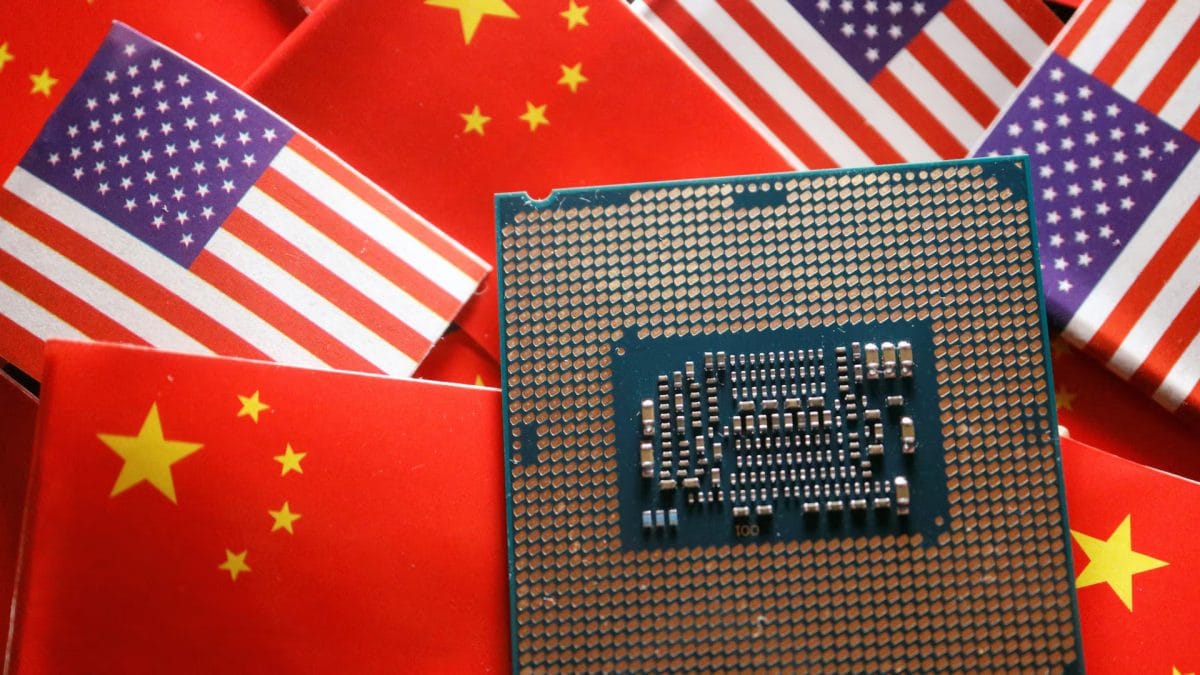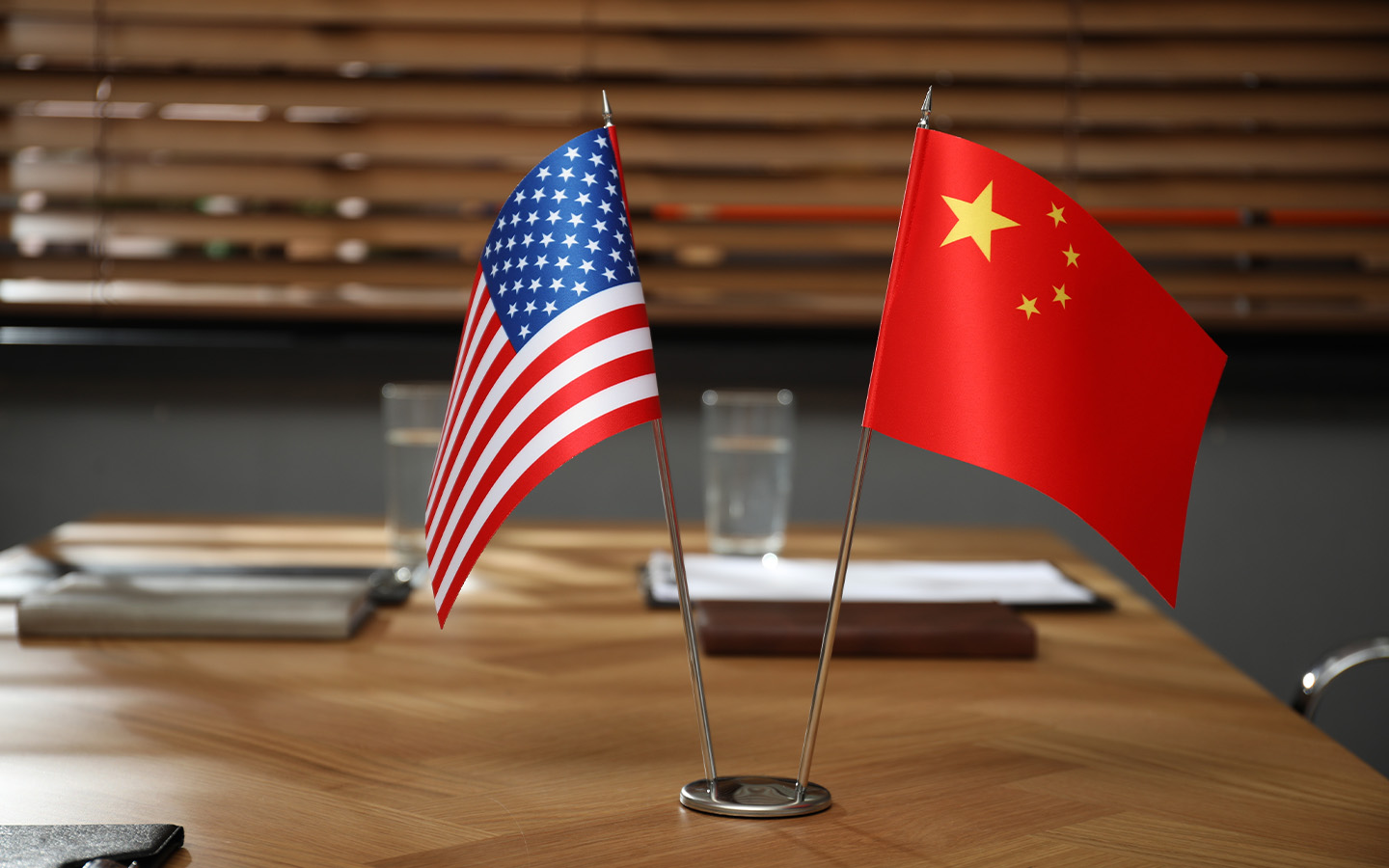The findings by the US Commerce Department indicate that existing export controls are underfunded and poorly enforced, leaving gaps that allow these nations to acquire critical technology for advanced weapons development
read more
A new report from the Senate’s Permanent Subcommittee on Investigations has highlighted the inadequacy of the US Commerce Department’s measures to curb China’s and Russia’s access to American-made advanced computer chips. The findings indicate that existing export controls are underfunded and poorly enforced, leaving gaps that allow these nations to acquire critical technology for advanced weapons development.
The Biden administration introduced export restrictions following Russia’s invasion of Ukraine, aiming to limit the use of US-made chips in military advancements by both Russia and China. However, the report criticised the Bureau of Industry and Security (BIS), the agency responsible for enforcing these controls, for its reliance on voluntary compliance by chipmakers and insufficient resources to track violations effectively.
BIS’s budget, adjusted for inflation, has stagnated at around $191 million since 2010. The agency currently has only 11 export control officers globally to perform physical checks on companies receiving US-made chips, a number deemed inadequate for the scope of its responsibilities.
Allegations of smuggling and front companies
The report underscored ongoing challenges with illicit smuggling networks and front companies, particularly in regions like Hong Kong, Armenia, and Georgia. These entities have been linked to diverting chips manufactured by major US firms, including Texas Instruments, to Russia and China. Despite export restrictions, chip exports to Armenia and Georgia nearly doubled between 2021 and 2022, suggesting that enforcement mechanisms are failing to prevent the flow of critical components.
Texas Instruments stated that it opposes any unauthorised use of its chips in military equipment and investigates suspected diversions, but the issue extends beyond individual manufacturers. China has reportedly established extensive smuggling operations to bypass controls, enabling continued access to US technology.
Calls for enhanced measures
Democratic Senator Richard Blumenthal, chair of the subcommittee, urged the Commerce Department to take immediate action, including cracking down on companies enabling chip diversion and improving oversight. He cited reports of Russian military equipment containing components sourced from US firms as evidence of the current system’s shortcomings.
The committee’s recommendations include allocating more funding to hire additional export control personnel, imposing stricter penalties on companies violating restrictions, and mandating regular external reviews of chip manufacturers’ export practices.
Challenges ahead for enforcement
As the US pushes to expand domestic chip manufacturing and investments, the effectiveness of export controls remains a critical concern. The Biden administration has been gradually increasing the list of Chinese companies subject to restrictions, but enforcement gaps persist, exacerbated by a lack of China-specific expertise and language skills among enforcement personnel.
The incoming Trump administration’s focus on reducing federal government size further complicates the outlook. Plans to streamline operations through a proposed “Department of Government Efficiency” may limit the resources available to agencies like BIS, potentially hindering their ability to safeguard US national security effectively.
The report underscores the urgent need for enhanced funding and oversight to close enforcement loopholes and prevent the misuse of advanced US technologies by adversarial nations.


